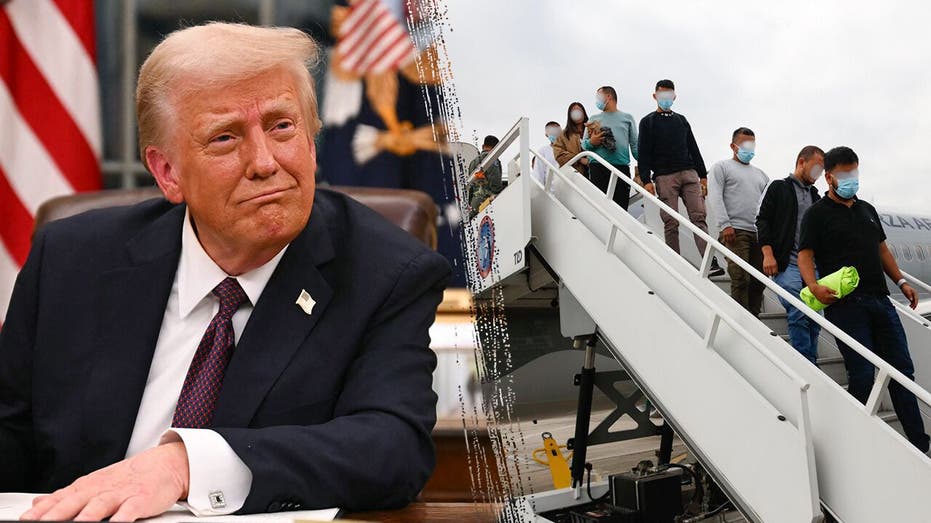
DHS Responds to Claims of Child Separation
The Department of Homeland Security (DHS) has recently addressed claims from media outlets and the Venezuelan government that it was involved in separating children from their parents, particularly focusing on individuals linked to the notorious TdA gang. The allegations suggested that children of these gang members were being ‘kidnapped’ by U.S. authorities as part of a wider operation against criminal organizations.
Setting the Record Straight
The DHS vehemently refutes these claims, asserting that all actions taken concerning families and children adhere strictly to established protocols and legal frameworks. According to a statement from DHS officials, the accusations made by the Venezuelan government are unfounded and serve to distract from the ongoing issues related to gang violence.
Legal and Ethical Frameworks in Place
While the U.S. government’s role in deportations and family separations has been a contentious issue, the DHS emphasizes that their operations prioritize the welfare of children. DHS Secretary Alejandro Mayorkas stated, “Our mission is to enforce the law while ensuring the safety and dignity of all individuals. Misinformation only complicates these efforts.”
Navigating Complex Global Issues
Venezuela has been grappling with significant social and political unrest, leading many to flee the country. The United States remains firm in its strategy to combat gang-related violence, which poses threats not just domestically but also internationally. However, the government’s approach aims to differentiate between individuals involved in criminal activities and innocent families.
Why Misinformation Matters
In an age of rapid information dissemination, miscommunication can lead to dangerous misconceptions. Officials stress the importance of addressing such claims head-on to prevent escalation of panic and fear. The DHS has committed to transparency in its processes while maintaining operational integrity.
Community Reactions
The community response has been mixed. Advocates for human rights call for more oversight into how families in these immigration situations are treated. Many believe that programs need better funding and resources to support families facing deportation. On the other hand, local law enforcement entities express support for the necessary actions taken against gangs like the TdA.
The Bigger Picture in U.S.-Venezuela Relations
This incident reveals the broader tension between the United States and Venezuela, particularly regarding immigration and crime. While many Venezuelan families are attempting to escape violence and oppression, the U.S. must balance these humanitarian concerns with its strategic interests in combating gang activity.
Conclusion: A Call for Clarity
Ultimately, clarity and truthfulness are paramount in discussions surrounding immigration and family welfare. The DHS continues to refine its communication strategies in response to these developments, aiming to provide accurate information while maintaining security protocols.


